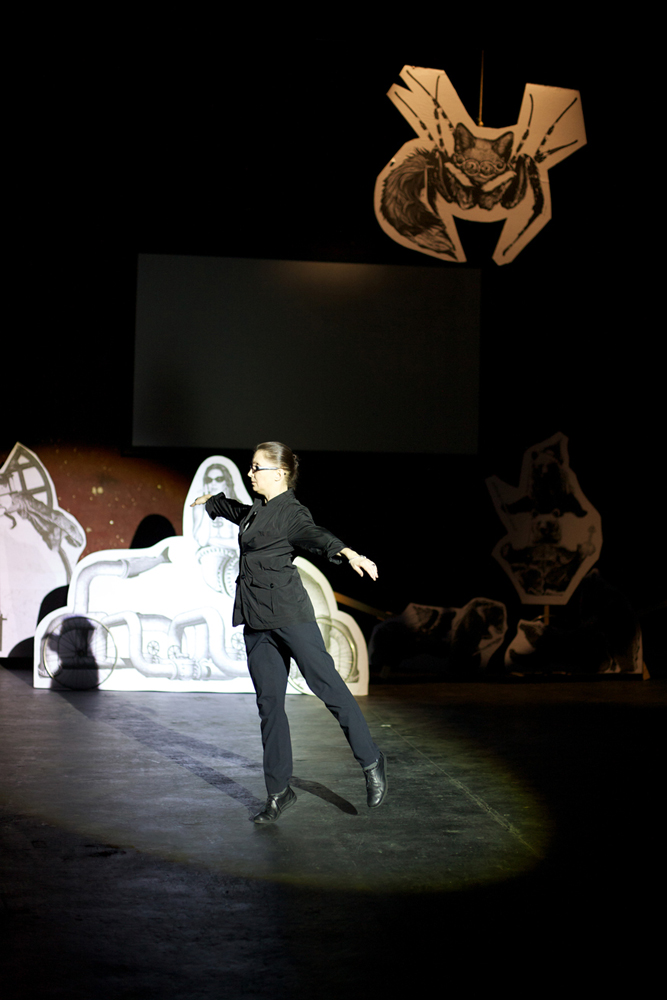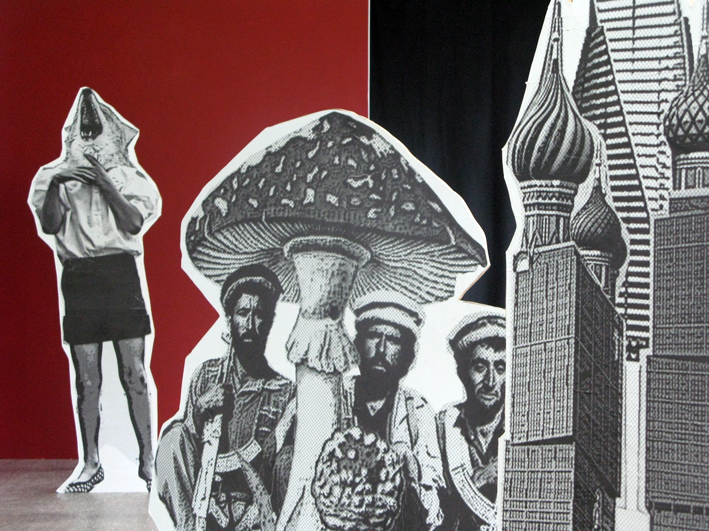The Russian Woods
The Russian Woods
A spectacular musical show which discusses the representation of a nation state, its characters and history. A learning play on myth construction and its reproduction worked up with local participants.
ReadWho
Chto Delat? are a group of Russian artists, philosophers, and writers who fuse art, political theory and activism. Amongst other things (incl. films, exhibitions) they publish thematic newspapers and stage learning plays: both of which they’ll be doing in Glasgow.
What
A spectacular musical show which discusses the representation of a nation state, its characters and history. A learning play on myth construction and its reproduction. Here’s what they say about their project with us:
“We have decided to try and find a way to represent the Russian unconscious and to examine how far the language of art is able to take a representation of reality rooted in its historical dynamism, brutality, and lack of transparency. What can we do with this reality’s horrible and largely indescribable violence that renders all varieties of artistic virtuosity powerless? It is not our intention to sensationalize or demonize Russia: we are convinced that the Russian situation is very much the result of the global division of labor and geopolitical confrontations triggered by capitalism, and that its political system is no less irrational (or, for that matter, rational) than the “Russian soul.” Let's perform how the Russian myth is possible to construct, represent and question.”
Why
Their learning plays start from a skeleton Chto Delat? develop themselves, but to which the flesh is added by working with local participants over a series of seminars and rehearsals. Which is to say: they have a script, but would like you to be involved in performing it.
Chto Delat also published Issue 10 of their newspaper for the Episode.
Open Call for Participation
This seminar, initiated by the Chto Delat collective, continues a series of seminars dedicated to different issues of political and aesthetic representation. It is realized in the form of a rehearsal for the staging of a new Learning Play, which will be presented to the public on the 25th of March in context of Arika’s event Copying Without Copying, at Tramway, Glasgow.
Introduction
When working abroad we, the collective Chto Delat, often ask ourselves what we represent in this context and why we have been invited. Often, there is a hidden pressure to talk about some exotic, artistic/activist experience drawn from our own country – Russia, where politics somehow survives against coercion more brutal than that in the Western democracies. As we have often written, there is a certain problem with this outsourcing of politics. As Elena Filipovic correctly notes in a recent article about our group, we have to represent “a certain history while overcoming common preconceptions in order to act as international translators”. But what are we actually translating/representing?
This general issue of political and aesthetic representation is the most complex problem artists, political activist and citizens face in their daily life. Representation is always considered as an act that distorts reality, the authenticity of life and direct experiences. We must find a way to escape any form of representation at any price, and for the immediate participation and manifestation of politics and being. But what kind of immediacy are we able to reach in politics and art? How could we build a bond between representation and participation?
During the course of our time together in our seminar in Glasgow, we will try to raise these and many other questions: how we are able to present, visualize, translate or mediate our personal and social experiences – how do we communicate with each other, with society at large and internationally? In particular we will focus on the mythology of national representation – what constitutes the image of this or that country? How do we communicate through the set of fixed identities and how could we break that set and refuse a comfortable system of image circulation via media machines and structures of power, that generalize some experience which cannot be reduced to any representative system.
As a base for these forms of examination, we will introduce to the participants of our seminar the structure of a new Learning Play, one that we will try to build and play during our time together. The idea of a Learning Play is a actualization of the model of Bertolt Brecht's 'learning plays' – educational didactic performances centered around certain conflicts, involving participants and public to develop and articulate their own position through the process of acquiring and advocating their attitudes.
The seminar breaks with the conventions of discussions in order to promote a dialogical and investigative relationship to knowledge production. As we talk, investigate, watch films, eat and rehearse together, we will address the ideas around the suggested topics and examine them through dance, singing, acting and the creation of what Henri Lefebvre called a representational space, configured and changed to underscore our temporary occupation.
Chto Delat – internationally well-known collective of artists, researchers and poets from Russia (represented in this project by Tsaplya (Olga Egorova), Dmitry Vilensky and Nina Gasteva) was founded in early 2003 in Petersburg with the goal of merging political theory, art, and activism. The group activity consists in developing a network of collective initiatives in Russia and setting them into an international context. The collective initiatives engage in a variety of art projects, including video works, installations, actions in public space; learning plays, radio programs, and different forms of artistic research.
Participants
Arturs Zavgorodnijs
Rosie Isaac
Kirsten Lloyd
Megan Reid
Milo Adler-Gillies
Alex Misick
Winnie Herbstein
Emilia Webber
Tom Coles
Liam Casey
Shona MacNaughton
Liene Rozite
Anne Blackwood – Soprano
Pauline Knowles – Alto
Iain Wotherspoon – Tenor
Stewart Cairns – Tenor
Robert Maslen – Bass
Peter Shand – Pianist
Documentation
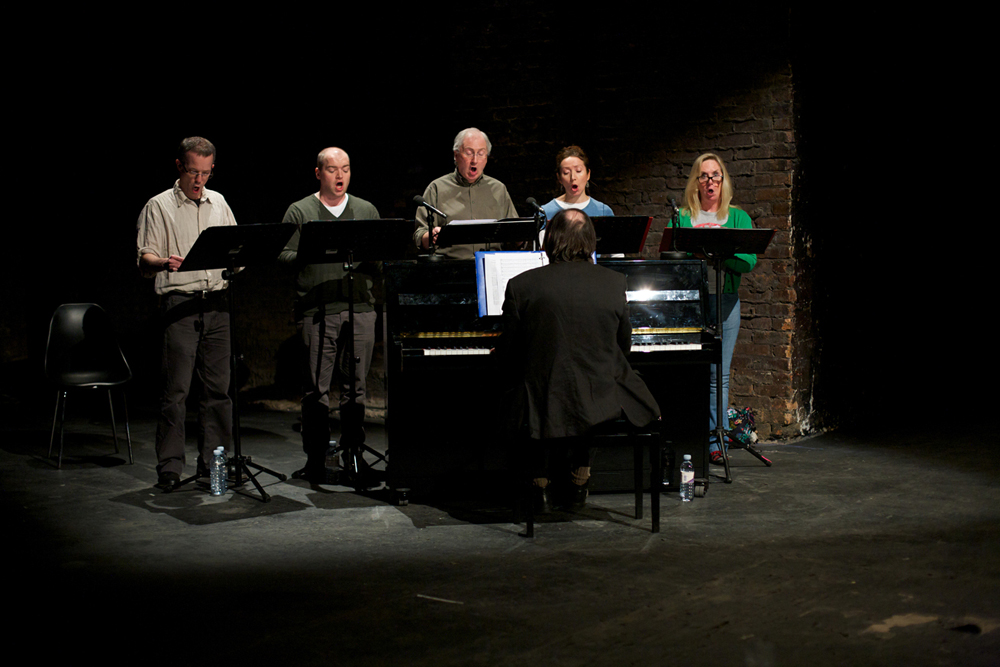
▴ Credit: Alex Woodward
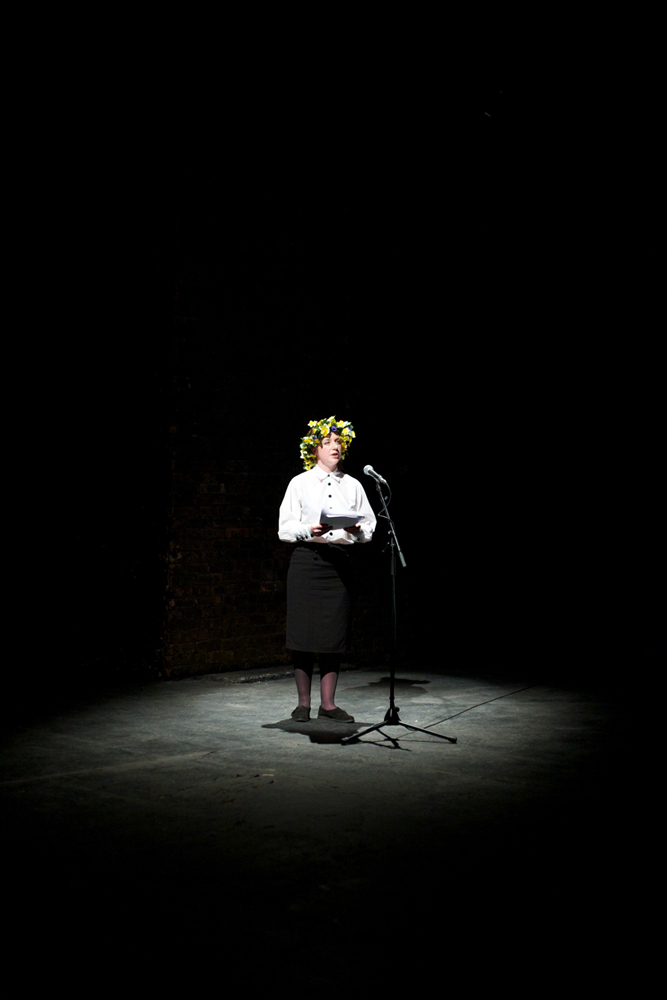
▴ Credit: Alex Woodward
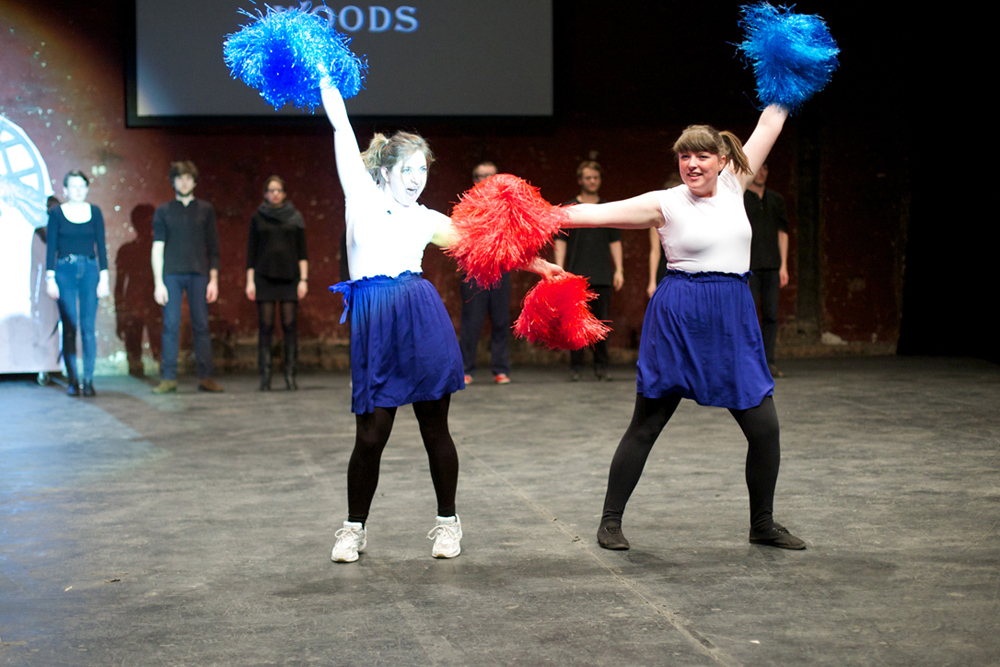
▴ Credit: Alex Woodward
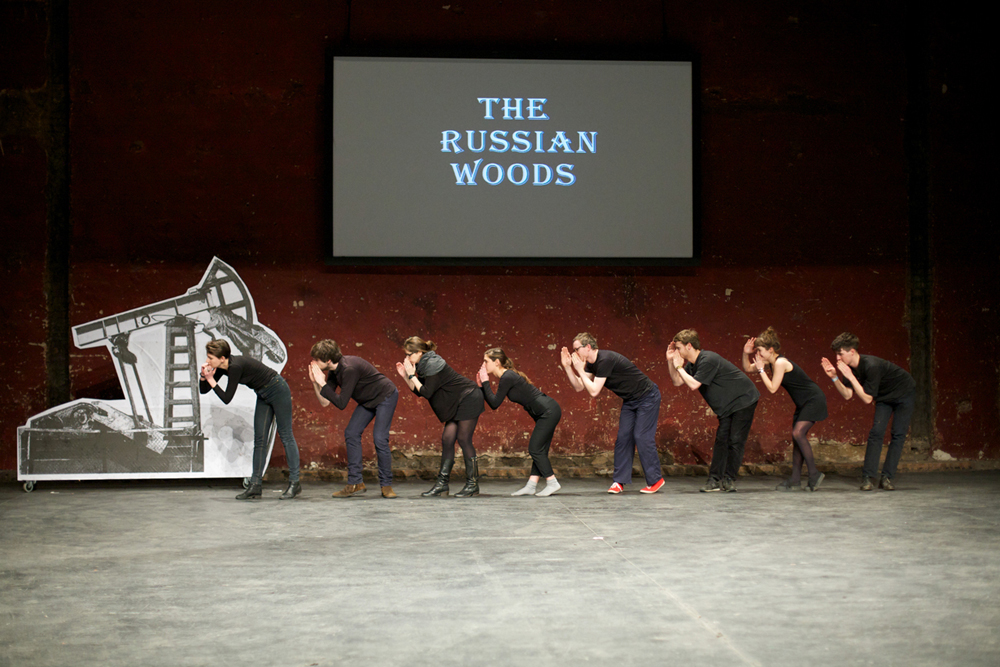
▴ Credit: Alex Woodward
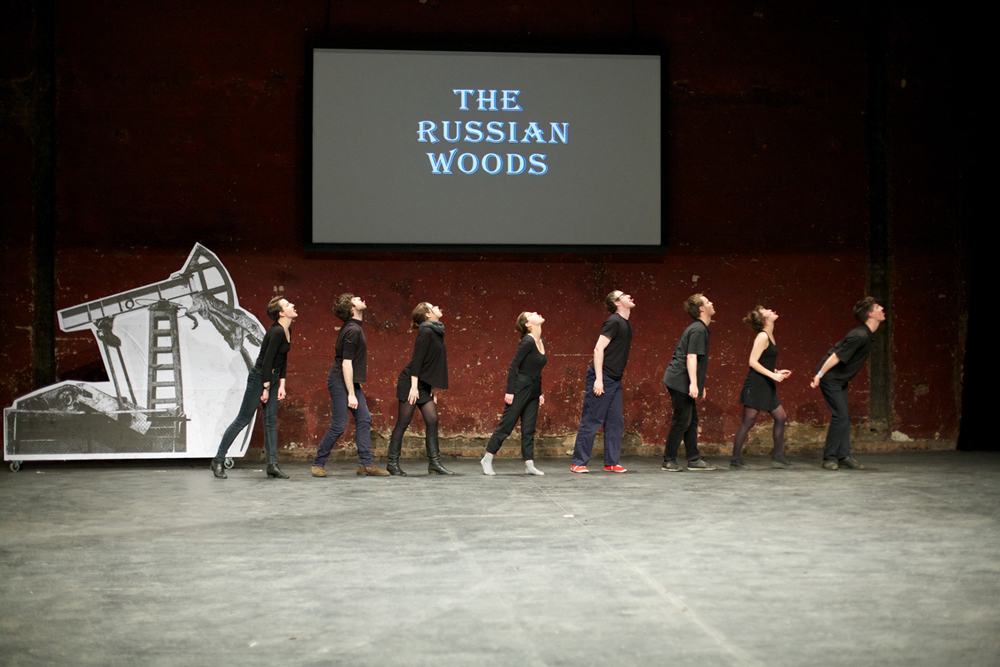
▴ Credit: Alex Woodward
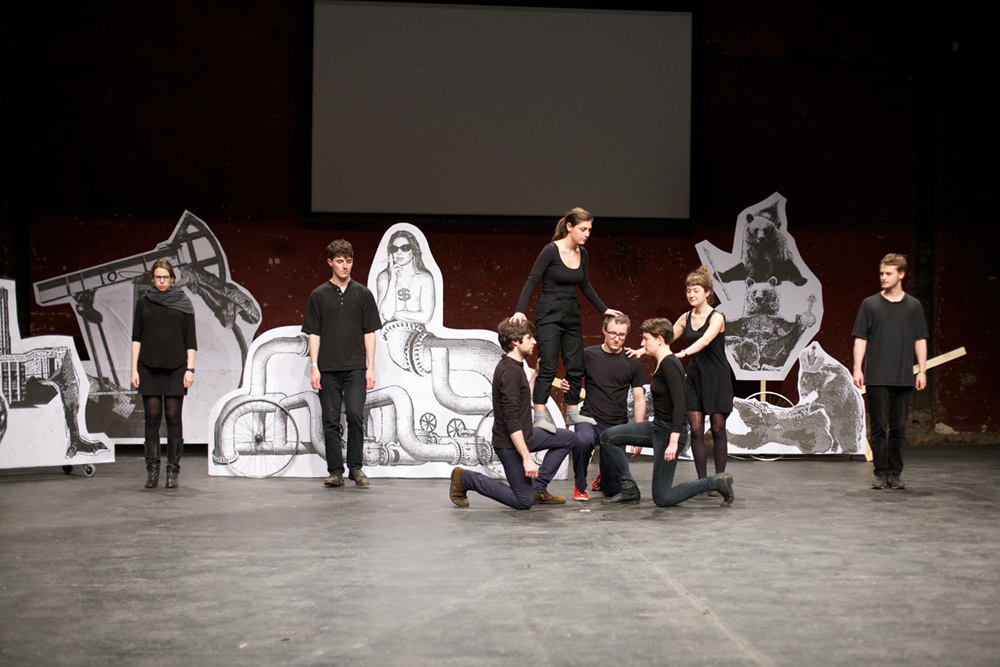
▴ Credit: Alex Woodward
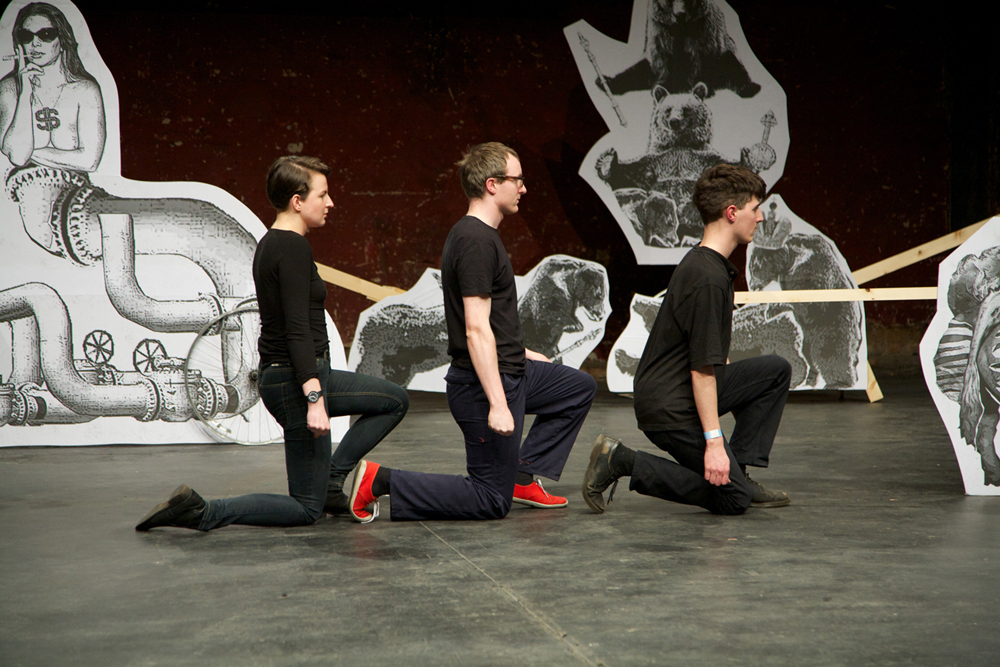
▴ Credit: Alex Woodward
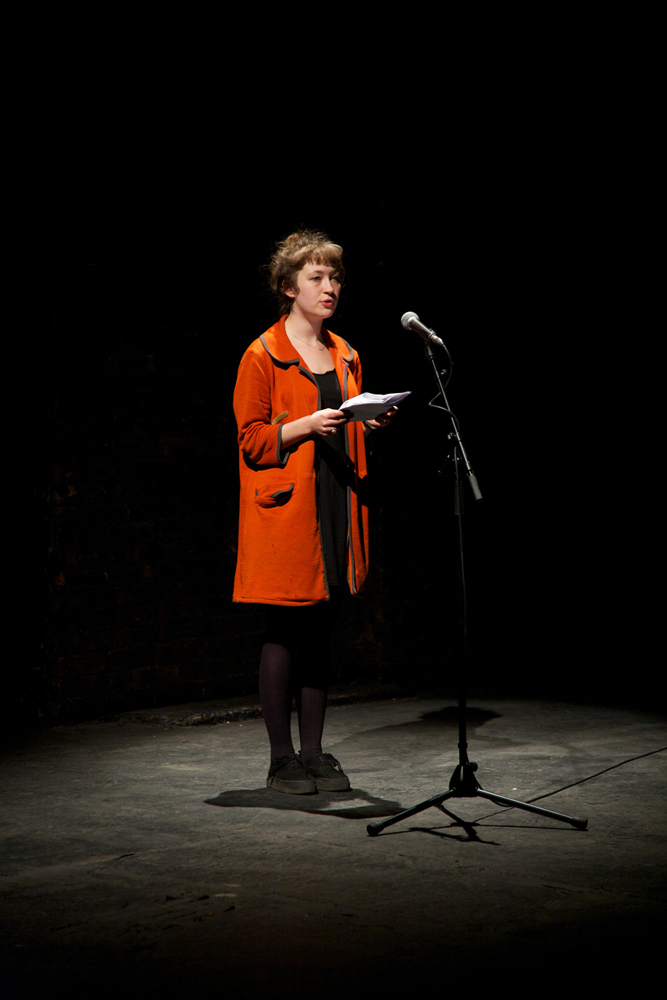
▴ Credit: Alex Woodward
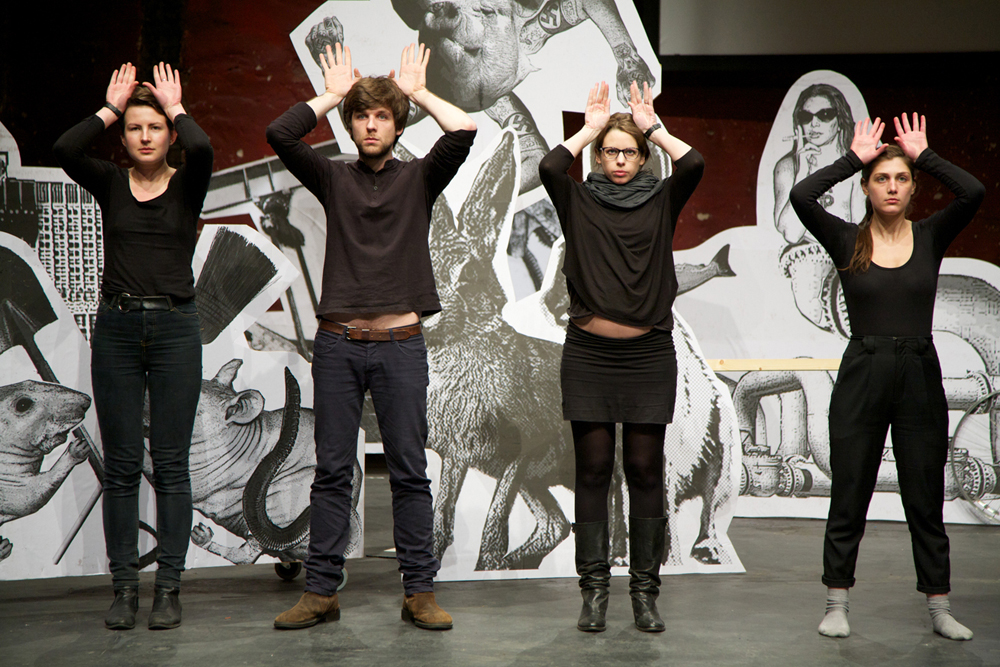
▴ Credit: Alex Woodward
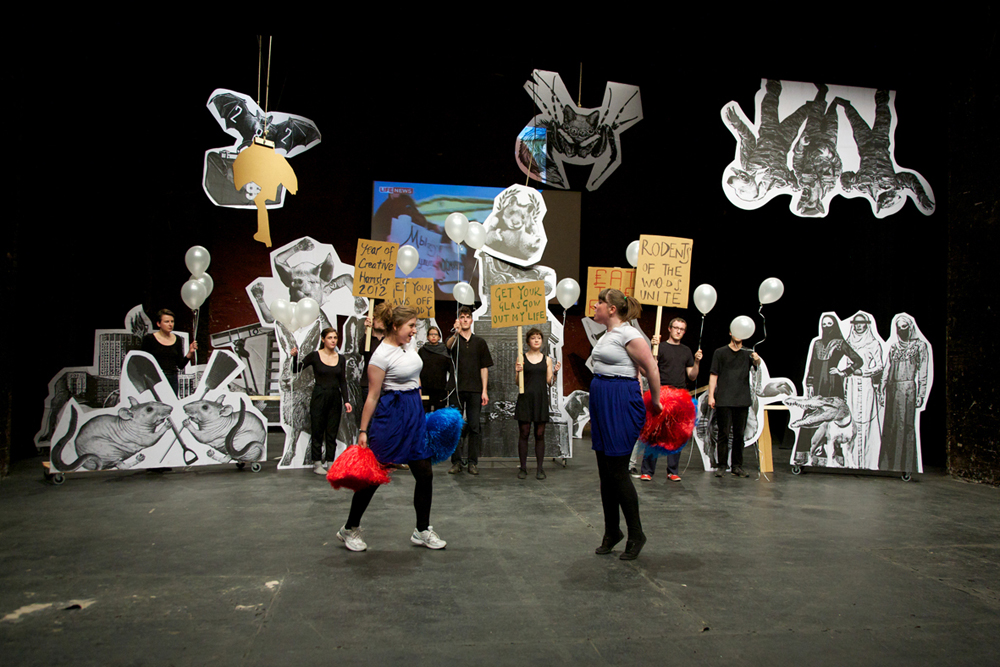
▴ Credit: Alex Woodward
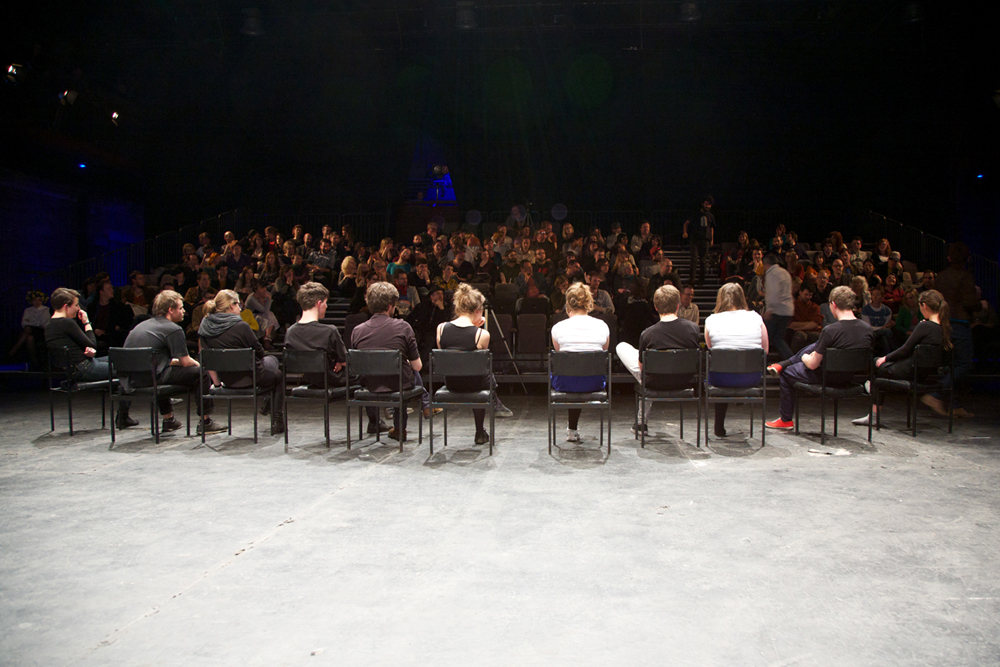
▴ Credit: Alex Woodward
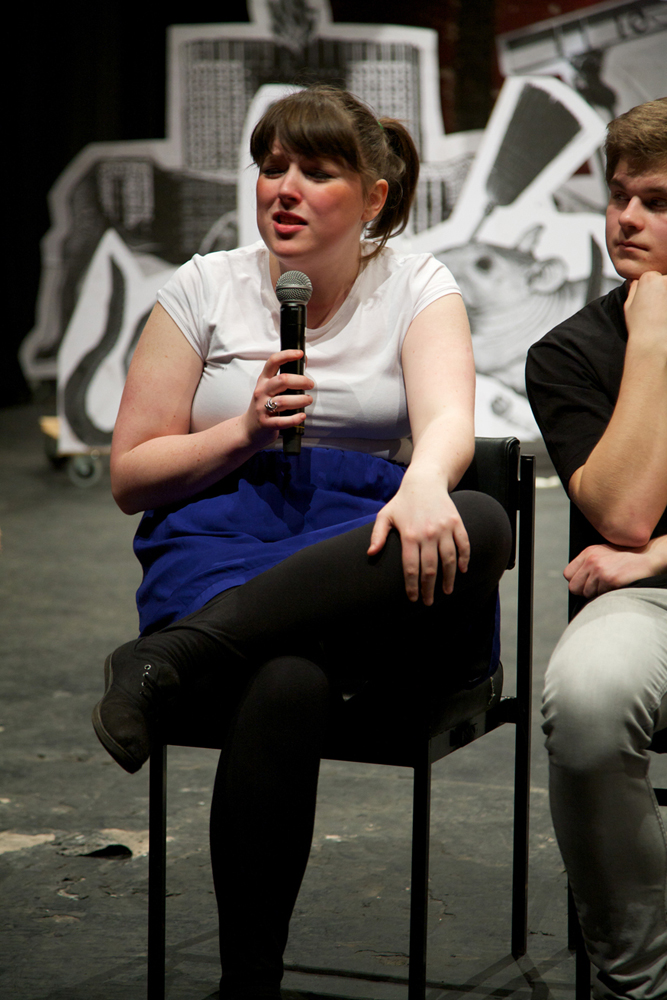
▴ Credit: Alex Woodward
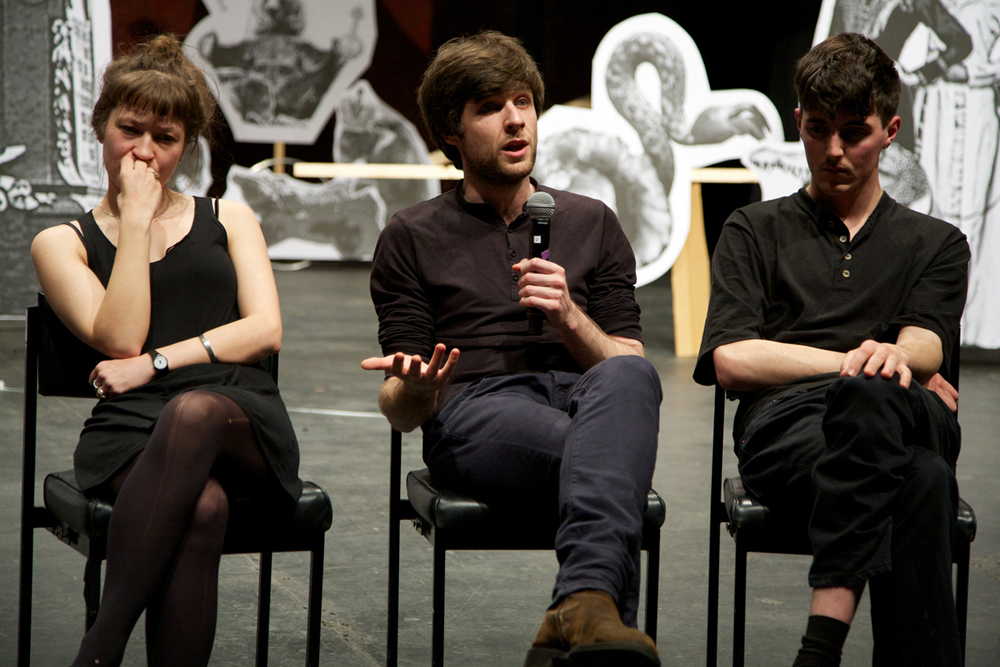
▴ Credit: Alex Woodward
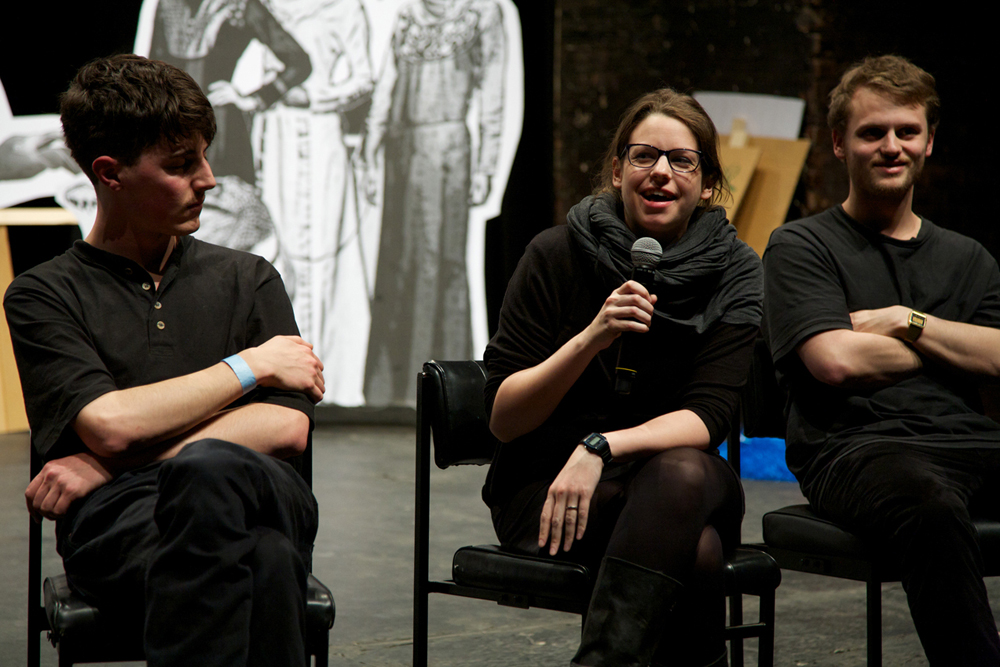
▴ Credit: Alex Woodward
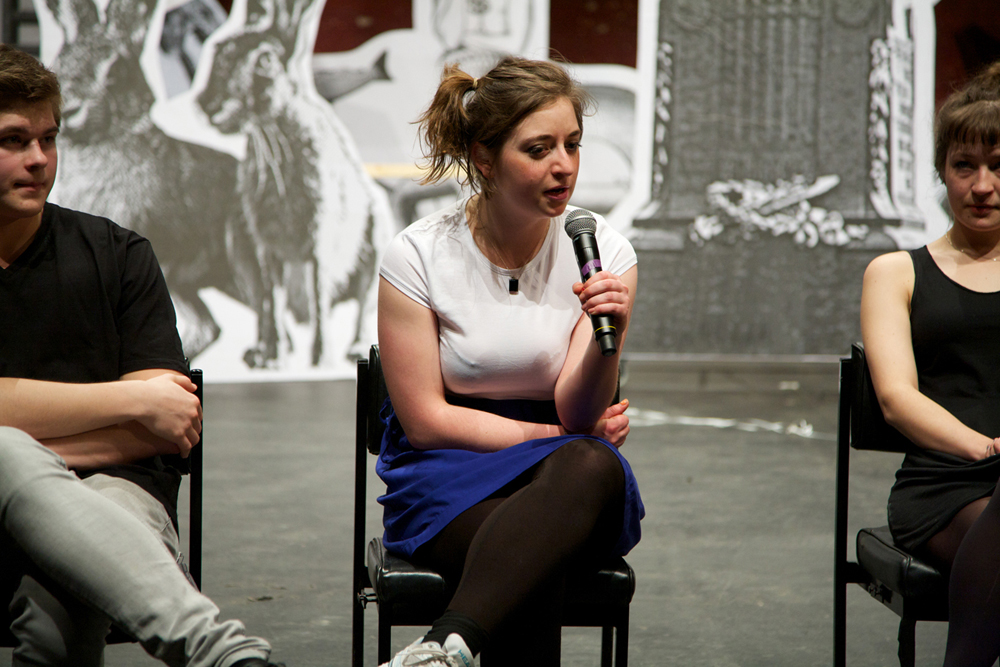
▴ Credit: Alex Woodward
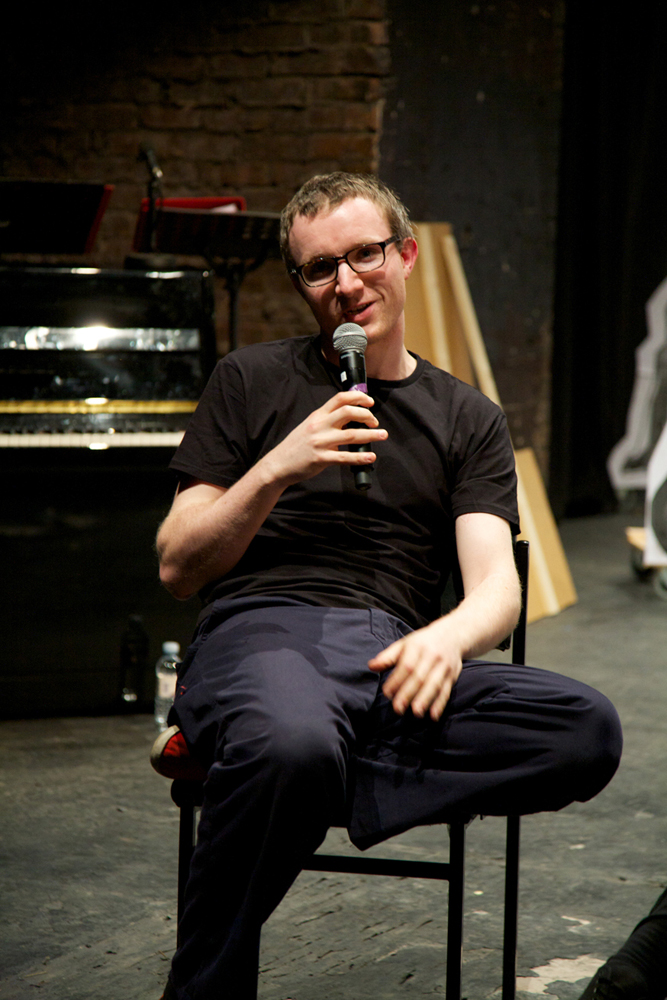
▴ Credit: Alex Woodward
Artists
